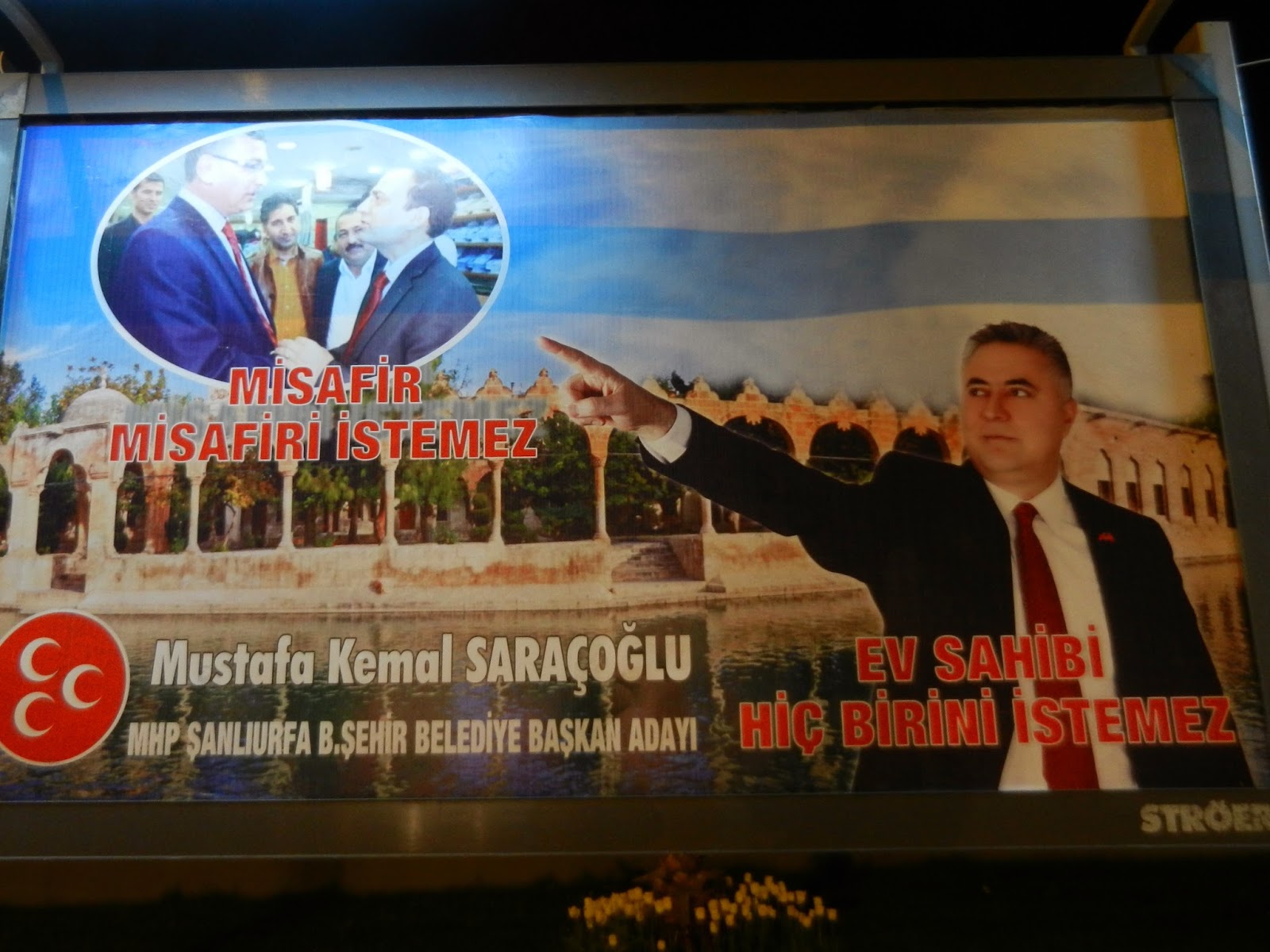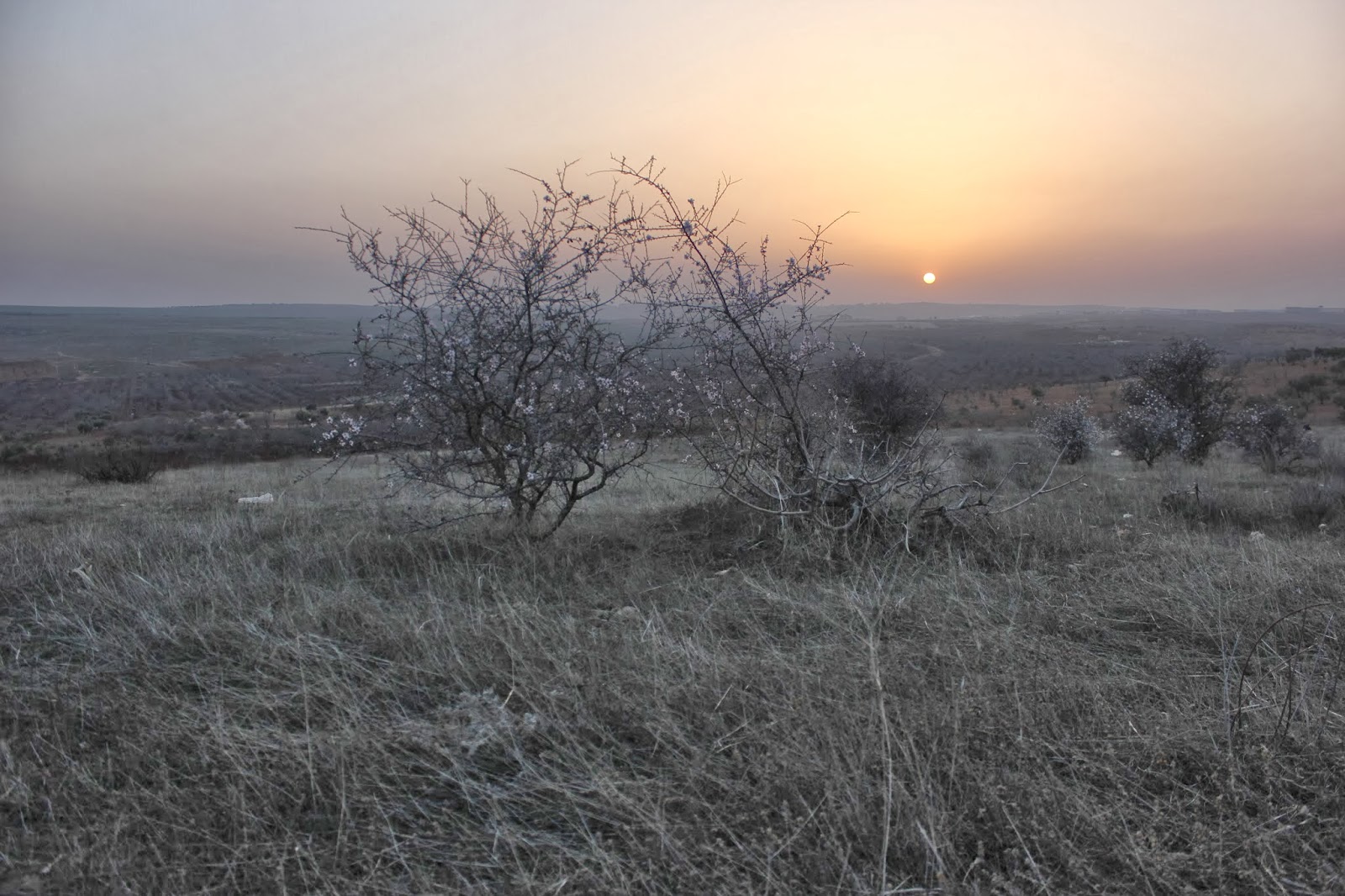This 2015 book comes from Ece Temelkuran, an author and journalist who has already written serious books about controversial issues in Turkey, and who was fired from a newspaper for being critical of President Erdogan and the AKP.
I read it because I want to know more about what is happening in Turkey, and I know that immersive learning experiences (books, documentaries, travel) serve me better than headlines and articles. Temelkuran divides the book into "yesterday" "today" and "tomorrow", in other words, spans a huge amount about the past, present, and prospective future of Turkey. Here are just a few pieces I pulled. Bold and brackets are my own.
I read it because I want to know more about what is happening in Turkey, and I know that immersive learning experiences (books, documentaries, travel) serve me better than headlines and articles. Temelkuran divides the book into "yesterday" "today" and "tomorrow", in other words, spans a huge amount about the past, present, and prospective future of Turkey. Here are just a few pieces I pulled. Bold and brackets are my own.
On censorhip and language available for the political imagination
After the military coup of 1980, hundred of Turkish words were prohibited. Banned from state TV, these words were gradually dropped from use in social life as well. They include [and this is only a section of the list]:
active
answer
compromise
coordination
critical
describe
determine
experience
experimental
free
imagine
life
masterpiece
memory
movement
opportunity
peace
recall
relation
religious
revolution
spiritual
story
structural
vacation
verse
whole
Some of these words were replaced with their Ottoman, Arabic or Persian counterparts that had been used prior to the Republic. These words, however, either had no equivalent in the imaginations of Turkish-speaking people or were hazy at best. That was the start of the Turkish speakers’ pitfalls in communicating with one another. Then there were some words that were banned completely, one of which had a profound effect on Turkey’s history:
Resistance!
[...]
Those who forget words surely also forget their meanings and the actions they imply.
The Gezi protests of 2013 and "security"versus "trust"
For two weeks, the surge of adrenaline was enormous. For those “misfits” who were looking for a country to emigrate to before the protests, Turkey became the only place to be with the uprising. And as for those who were already there, they frequently told each other that they felt guilty even for sleeping for a few hours, as if they were missing out on the action. The Turkish diaspora, with a million voices, cried on social media: “Wish we were there!” Although there were deaths, people lost their eyes and hundreds were injured, thousands of people were still enthusiastic to join the “resistance”. For many, the reason was somehow the pure happiness of solidarity and the thrill of seeing oneself being strong before the cruelty of those in power.
In the countries where such movements took place, what people emphasized and wanted to be emphasized was this: we are all vastly different from one another, but we all trust each other in wanting freedom, equality and justice. We may have ethnic and religious differences, but we trust one another’s conscience, sense of justice and humanity. During these movements, photographs showing coexisting dissimilarities were the most celebrated and exalted images… no one would think of someone as being crazy for “trusting people”. Because, for weeks, everyone trusted that others were the same as them, or, even if they were different, that they were good people. They chose to believe and trust. They defeated not only their fear of the authorities but that of one another’s differences. We cut down the briars and took a breath of fresh air. That feeling of refreshment was the reason why, despite all the pepper gas sprayed by the police, everyone felt as though they had just taken a deep, expansive breath. Nothing reeks worse than fear. To top it all, we learned that security and trust are inversely correlated. The feeling of trust grew in sprit of the fact that the police attacks obliterated the feeling of security.
[...]
In a way, it was like returning the feeling of security that had been sold to us and exchanging it for the feeling of trust. And everyone was gracious enough to say, “Keep the change!”
[…]
we know that the system is well versed in creating a need and then selling it to us. It succeeds in selling us a false feeling of security to compensate for the insecurity it fosters in us, as though it wasn’t the very thing making us rivals and thus turning against one another. We, the world, are tired of this schizophrenic situation. We want to trust. We want to trade in the security farce for the feeling of trust.
On what western Turks learned about Kurds
We were a people made diseased. For as people who were children in the 1980s and 1990s, every evening when we sat down to dinner, we would see news broadcasts from south-eastern Turkey showing the bodies of the Kurdish militants caught in the mountains. In newscaster speak, we would be informed that “terrorists apprehended in their caves were captured dead” and we would go on eating. These people never had faces and there was no other news concerning the region.
[...]
I remember that one night after such a news broadcast, my father, who had taught at a primary school in the Kurdish region when he was young, told the following story from the 1960s at the dinner table:
“When I first went there, I saw that the kids didn’t speak Turkish. We weren’t told. No one told us that the people there were Kurds, that they spoke Kurdish. I wrote to the capital and asked for book recommendations for teaching Turkish to the kids. In turn they called me to the capital. ‘You were deceived, there are no people called Kurds, Kurdish does not exist,’ they said to me.”
On Kurds and the decade ahead
The young people sitting across from me [students of Mersin University, an institution favoured by Kurds from south-eastern and eastern Anatolia] were born in the late 1990s. Children growing up during the bloodiest times of civil war, mostly of provincial families forced to relocate to the cities in the mass migration brought on by war. They grew up in the shadows of bombs, fires, poverty, the harassment flights of warplanes and automatic weapons. They set out on life five steps behind in the godforsaken villages of godforsaken provinces. Nearly every one can identify the model of a warplane by its sound.
It’s almost a miracle that they are here as students rather than up in the mountains as guerillas. Perhaps that’s why they study, read and exist with guerilla-like discipline. They are growing up as the children of a suppressed – and, more importantly, organized – people. Whereas their peers in the West have different opportunities for experience, they take life as seriously as only an organized individual car, as a matter of life and death.
[...]
The Kurdish people are an organized society.
[...]
In the 1980s’ Turkey, in the midst of the breakdown of all political organizations, the political organization of the Kurds was born…The Kurds brought up an educated generation in addition to the one they gave up to the war. It’s a generation in step with the world, which has had to explain its issues to the world, with the discipline of an organization that is open to the world without forgetting where it came from.
[...]
I’m talking about a political movement that also has legitimacy and renown in terms of international dynamics. It’s possible now to follow YPG militants fighting against ISIS, especially the Kurdish militant women, in the international press. Even the Turkish TV channels broadcast their news with the organization’s name rather than saying “terrorists” as they used to in the past. An ironic twist of fate: the “Kurdish terrorists” against whom we defended our borders now defend the borders of Turkey against ISIS.
[...]
In light of all this, my prediction is that the next decade in Turkey and its surroundings will be the decade of the Kurds. It will be so not only politically but also culturally.
[...]
Don’t forget that this is the political power of an armed organization that has fought against the second largest army of NATO for thirty years.





















































